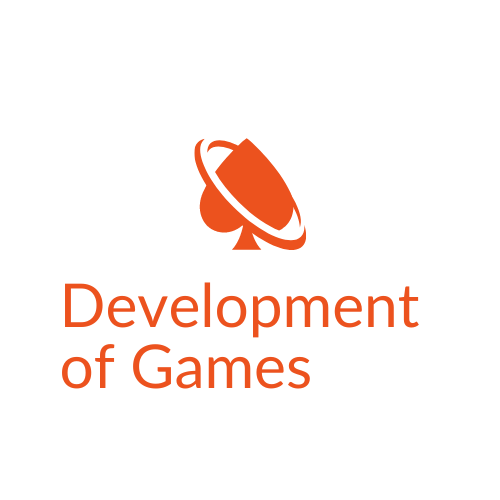The Science of Lag: Tips for a Smooth Online Gaming Experience
For online gamers, lag can be the arch-nemesis that disrupts the seamless flow of gameplay, leading to frustration and diminished enjoyment. The science of lag, caused by network latency, packet loss, or hardware limitations, has spurred a quest for solutions to ensure a smooth online gaming experience. Here are essential tips to mitigate the impact of lag and enhance your gaming sessions.
Stable Internet Connection:
A robust and stable internet connection is paramount for lag-free gaming. If possible, opt for sis4d a wired connection instead of relying on Wi-Fi. Ethernet cables provide a direct link to your router, reducing the chances of interference and latency. If Wi-Fi is the only option, ensure a strong signal and minimal interference by positioning your device close to the router.
Bandwidth Management:
Prioritize gaming traffic on your network by adjusting Quality of Service (QoS) settings on your router. QoS allows you to allocate more bandwidth to gaming devices, minimizing the impact of other activities, such as streaming or downloads, on your gaming experience.
Server Selection:
Choose game servers that are geographically closer to your location. Connecting to servers with lower ping times reduces latency and enhances responsiveness during gameplay. Many online games provide the option to manually select servers, allowing you to optimize your connection.
Check Hardware Performance:
Ensure that your gaming device meets or exceeds the recommended specifications for the game you are playing. Outdated hardware, insufficient RAM, or an underpowered graphics card can contribute to lag. Regularly update drivers for your graphics card and other essential components to maximize performance.
Close Background Applications:
Running multiple applications in the background can strain your system resources and contribute to lag. Close unnecessary applications, particularly those that consume bandwidth, to free up resources for a smoother gaming experience.
Upgrade Your Internet Plan:
If lag persists despite optimizing your network, consider upgrading your internet plan to a higher speed or a plan with lower latency. Consult with your internet service provider to explore available options that cater to the specific demands of online gaming.
Use a Gaming VPN:
In some cases, a gaming VPN (Virtual Private Network) can help reduce lag by providing a more direct and optimized route to game servers. However, the effectiveness of VPNs can vary, so it’s advisable to choose a reputable service and test its impact on your gaming experience.
Monitor Ping and Latency:
Keep an eye on your ping and latency during gameplay. Many games have built-in tools or console commands that display real-time information. Monitoring these metrics allows you to identify potential issues and take corrective measures promptly.
In conclusion, the science of lag is a persistent challenge for online gamers, but with a strategic approach, it can be mitigated to a significant extent. By optimizing your internet connection, managing bandwidth, selecting appropriate servers, and keeping your hardware and software up to date, you can enhance your online gaming experience and minimize the disruptions caused by lag.…
